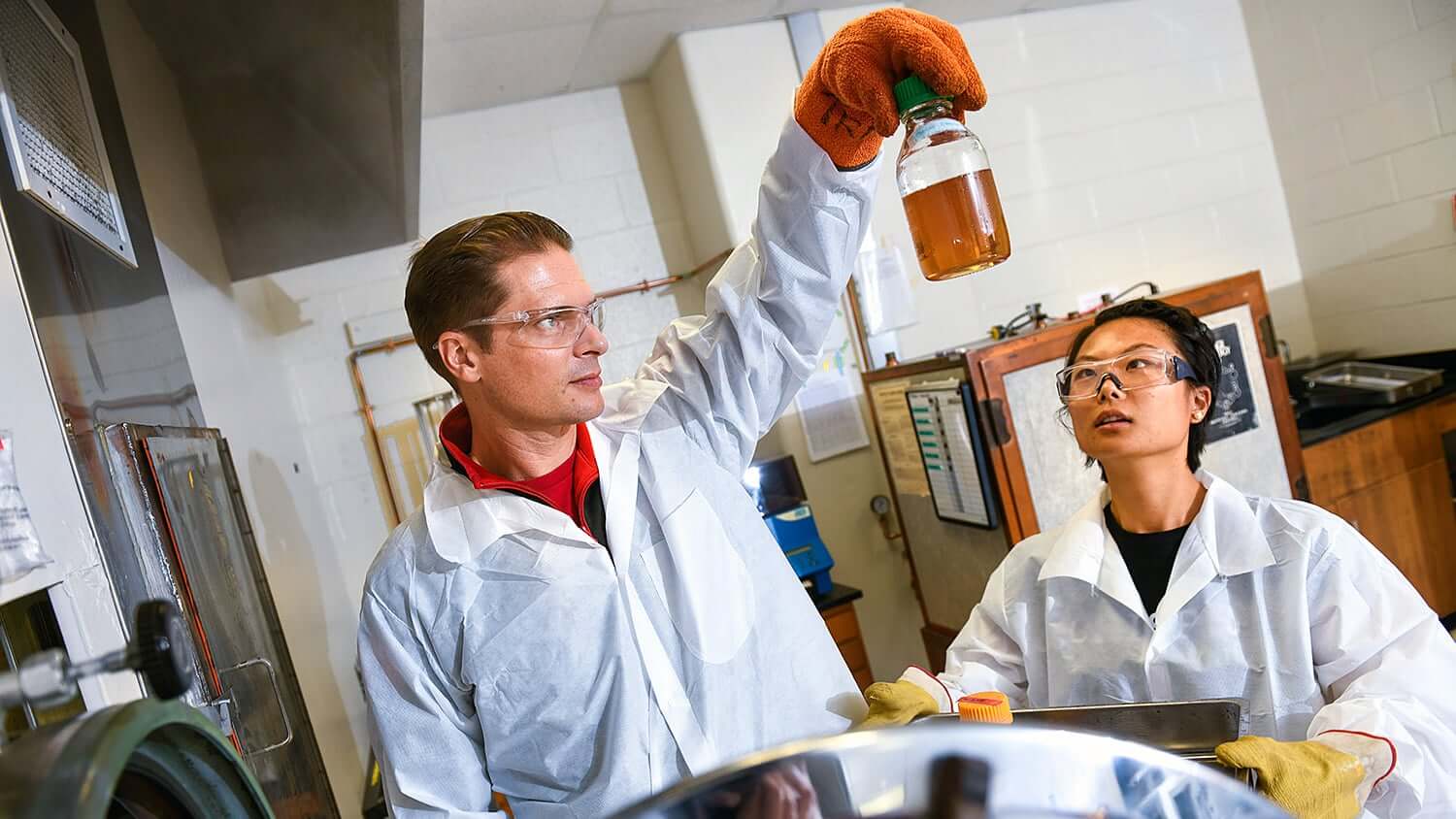Bifidobacterium is one of the leading beneficial bacteria used within the probiotic and food industry. In a new study, North Carolina State University researchers have worked to gather more information on the bacteria to possibly make it even more supportive for gut health.
Scientists chose to examine Bifidobacterium because it’s difficult to work with and manipulate. “As our lab expands and diversifies the types of good bacteria that we work with, we turn to more finicky bacteria, like Bifidobacterium,” says study co-author Rodolphe Barrangou, Distinguished Professor of Food, Bioprocessing and Nutrition Sciences at NC State. “This bacterium is harder to grow and harder to work with than others, but we were able to make some important discoveries and understand more about the bacterium’s genetic basis for its health-promoting functionalities.”
To do this, the team used the CRISPR-Cas system, which is a naturally-occurring genome editing system that bacteria use to defend their immunity, allowing them to withstand attacks against pathogens. Scientists have been able to utilize this technology to splice and replace specific genetic sequences.
Bifidobacterium has a variety of CRISPR-Cas systems, but one that is lesser-studied is the type I-G system. In an experiment, the researchers used this system to re-sensitize the bacterial strain to tetracycline, a common antibiotic. “Restoring antibiotic sensitivity is conceptually and practically important because bacteria can potentially transfer antibacterial resistance to other bacteria in the gut,” says Meichen (Echo) Pan, an NC State Ph.D. student and first author of the paper.
The results show single nucleotide polymorphisms (SNPs) in different strains of the bacteria, which are small changes in the bacterial strain that reflect larger differences in the traits of it. Even something as small as one letter change within a genetic code can make a big difference in understanding the genetic makeup and environment relative to how the Bifidobacterium will behave.
Scientists believe that with a more challenging bacteria like this one, noticing the smaller details will be crucial to developing different CRISPR tools that can adapt accordingly. Lactobacillus is the other bacteria commonly used in supplements and foods, but it’s much easier to understand. If more studies took a greater look in what changes make Bifidobacterium different, this could make it an even more powerful tool for healthy foods, supplements, and clinical therapies with people who suffer from gut-related disorders.
This study is published in the journal Proceedings of the National Academy of Sciences.
